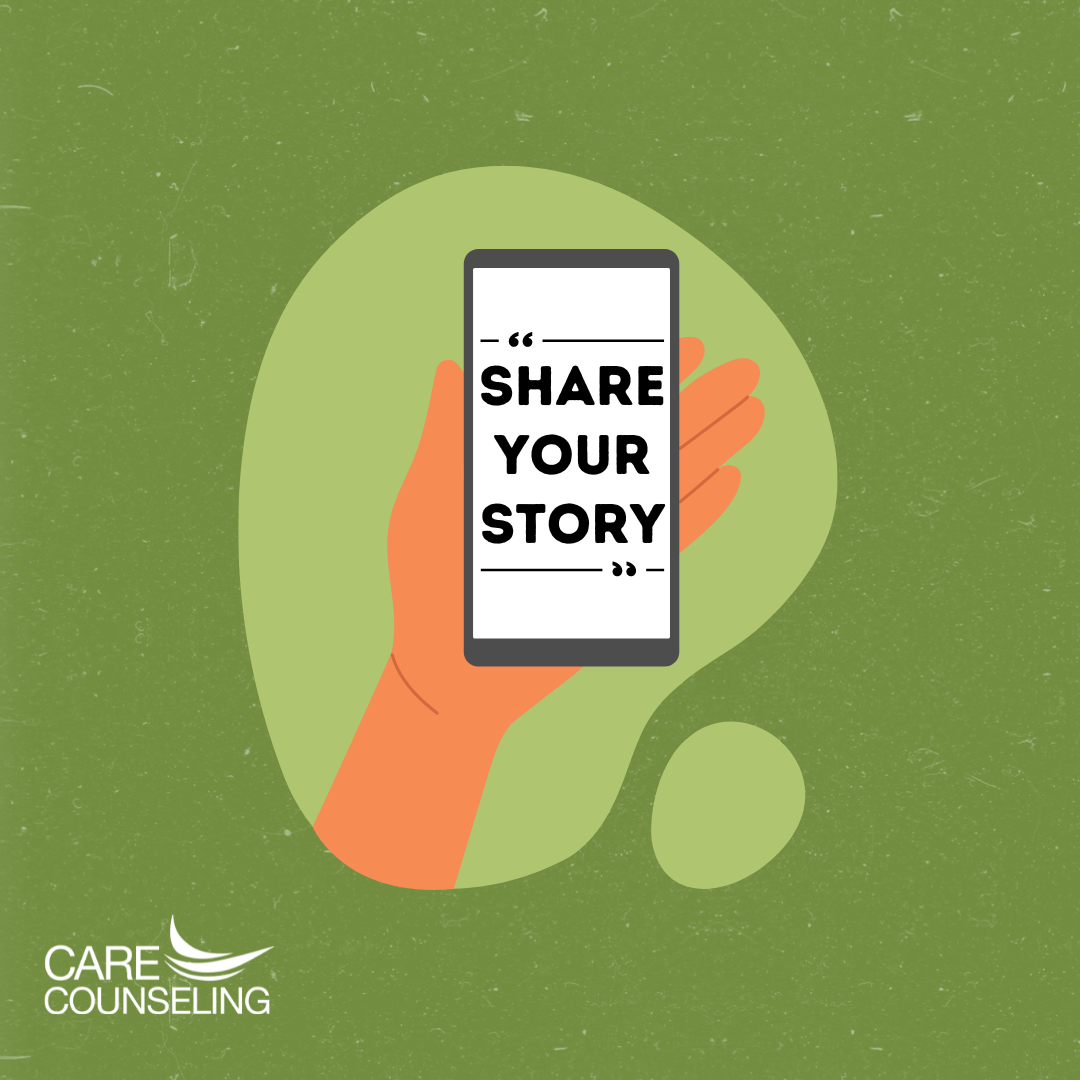Pet Your Stress Away
 Pets bring joy and companionship to their owners. But, did you know that pets can also improve your mental health?
Pets bring joy and companionship to their owners. But, did you know that pets can also improve your mental health?
Studies have shown that owning a pet can have a positive impact on your mental well-being.
One of the most obvious ways in which pets can help improve mental health is through companionship. Pets are always there for us when we need them, offering unconditional love and support. They provide a sense of comfort and security, which can be especially beneficial for people living alone or experiencing feelings of loneliness. Having a pet by your side can help you feel less isolated and more connected to the world around you. Pets can reduce stress and anxiety.
Petting a dog or cat can be incredibly calming and relaxing. Studies have shown that interacting with pets can lower cortisol levels, which is the hormone associated with stress. Simply spending time with your pet can help you feel more relaxed and at ease, which can be especially helpful for people dealing with anxiety or depression. In fact, some therapy dogs are trained to specifically help individuals with mental health conditions.
Pets encourage exercise and outdoor time.
Dogs, in particular, require regular exercise and outdoor time. This means that pet owners are more likely to go for walks, runs, or play outside with their furry friends. Getting outside and engaging in physical activity can have a positive impact on mental health, as it releases endorphins and boosts mood. Plus, spending time in nature has been shown to reduce stress and improve overall well-being.
Pets offer a sense of purpose and routine.
Taking care of a pet requires a certain level of responsibility and routine. For example, dogs need to be walked and fed regularly, while cats require regular litter box maintenance and playtime. Having a pet can provide a sense of purpose and structure to daily life, which can be especially beneficial for people struggling with mental health issues. It can also help create a sense of accomplishment and fulfillment.
Pets can improve socialization.
Owning a pet can also improve socialization skills. For example, taking your dog to a park or attending a pet-friendly event can provide opportunities to interact with other pet owners. This can help build social connections and improve social skills. Additionally, some people may find it easier to initiate conversations with others when they have a pet with them as a conversation starter.
Pets can have a significant impact on mental health. They offer companionship, reduce stress and anxiety, encourage exercise and outdoor time, provide a sense of purpose and routine, and improve socialization skills. If you’re considering getting a pet, it’s important to choose one that fits your lifestyle and personality. Whether it’s a dog, cat, or another type of pet, the benefits of owning a pet can be life-changing.
So go ahead and adopt a furry friend – your mental health will thank you!
We’re Here to help
Our wellness experts will be happy to take care of you. You can CLICK HERE to schedule an appointment now or call (612)223-8898.
Meet Clinicians
We’re united by our commitment to providing effective, relevant, and innovative mental health support at all stages of your journey. Click Here to find a therapist or find out more about who we are, where we come from, and how we live out CARE’s mission every day.
The professionals at CARE are actively collecting and creating resources to help with what you need and address frequently asked questions. We’re Here for You.
source https://care-clinics.com/pet-your-stress-away/
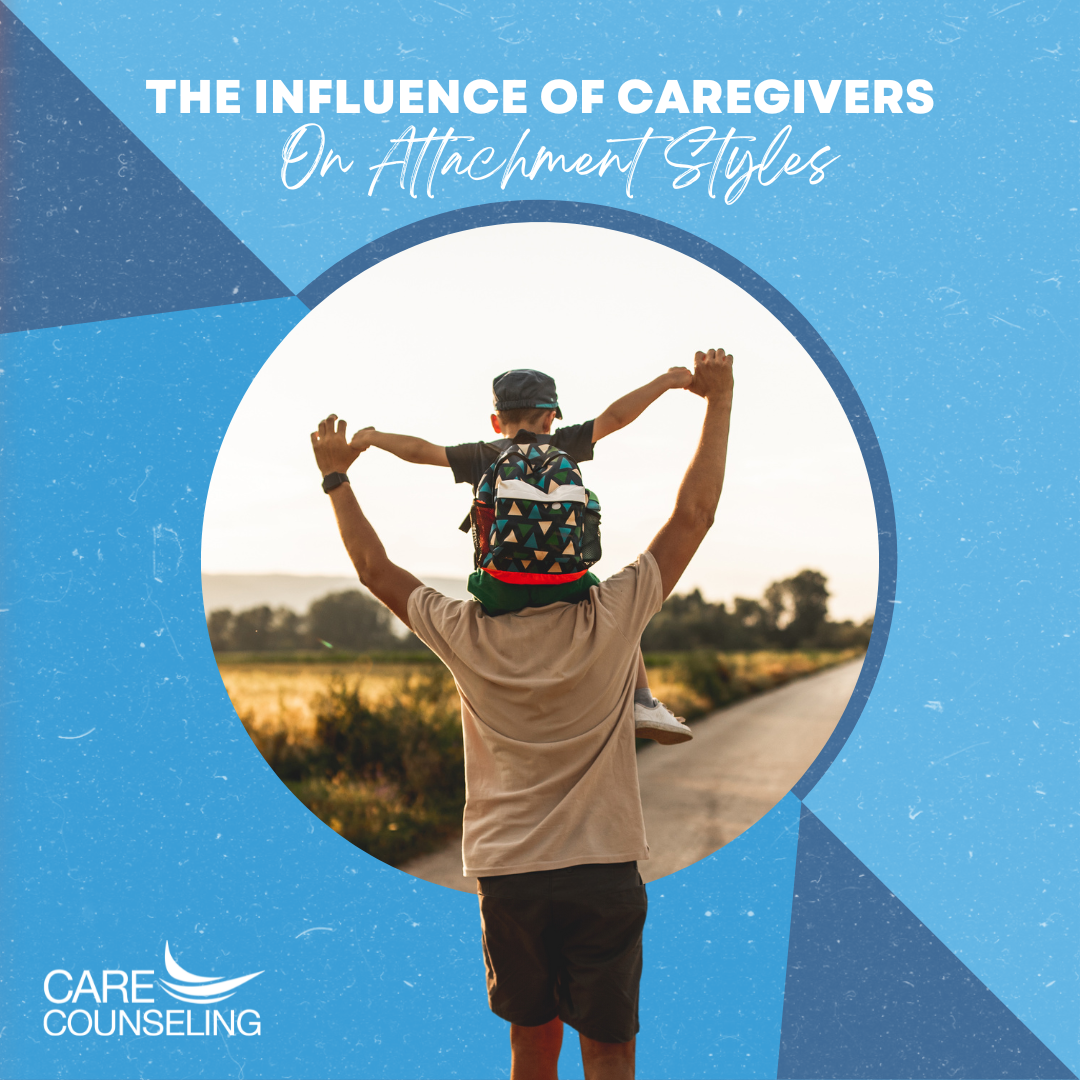
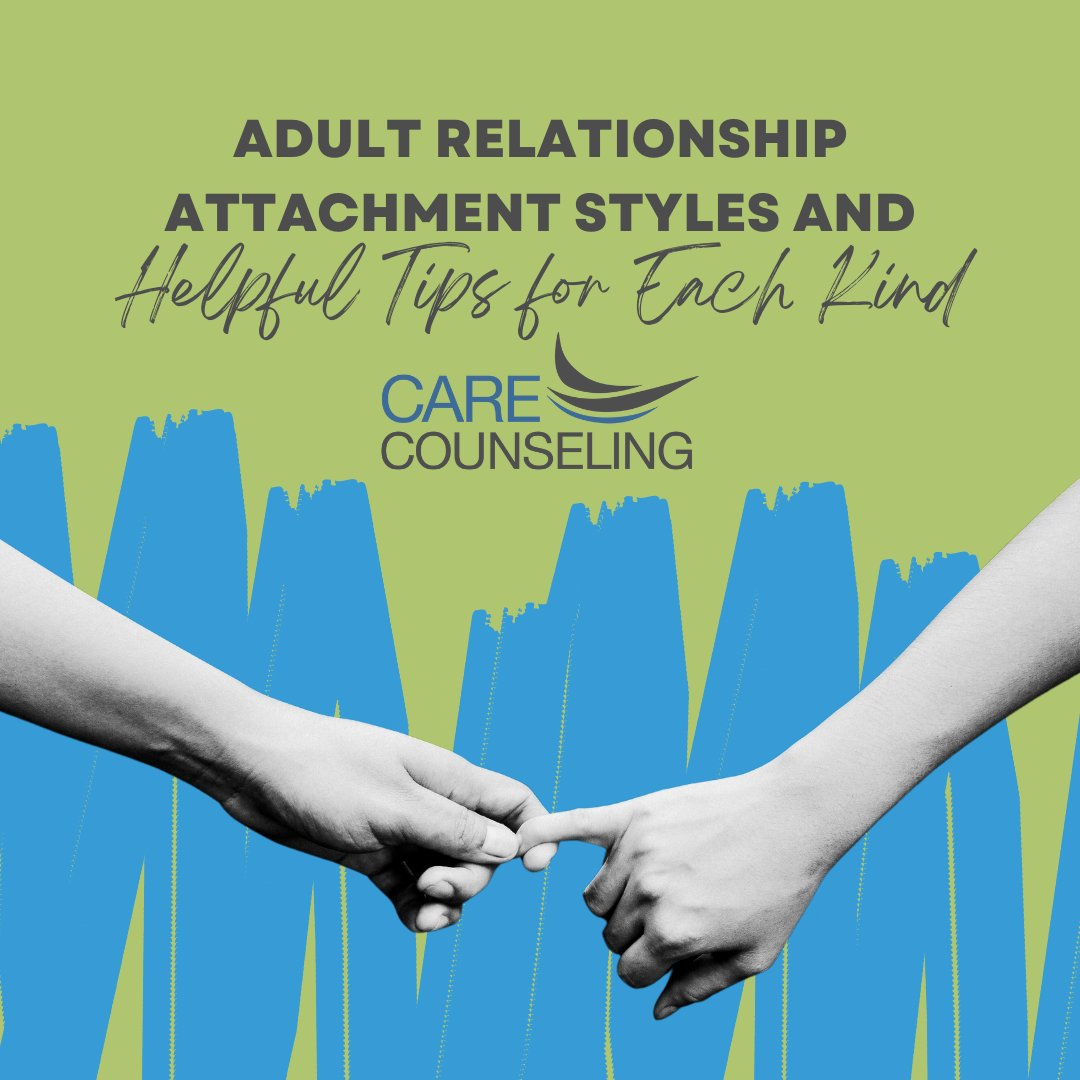
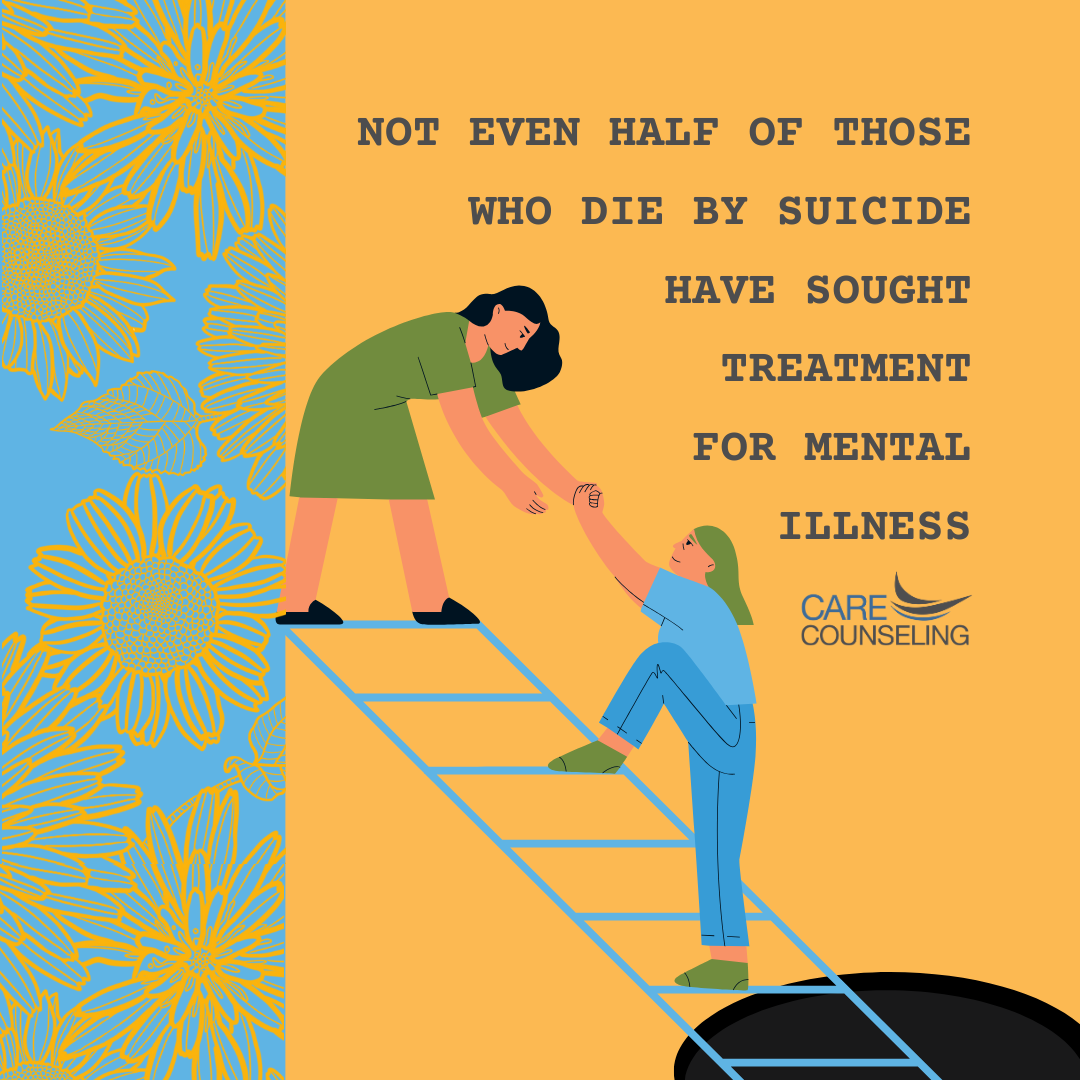
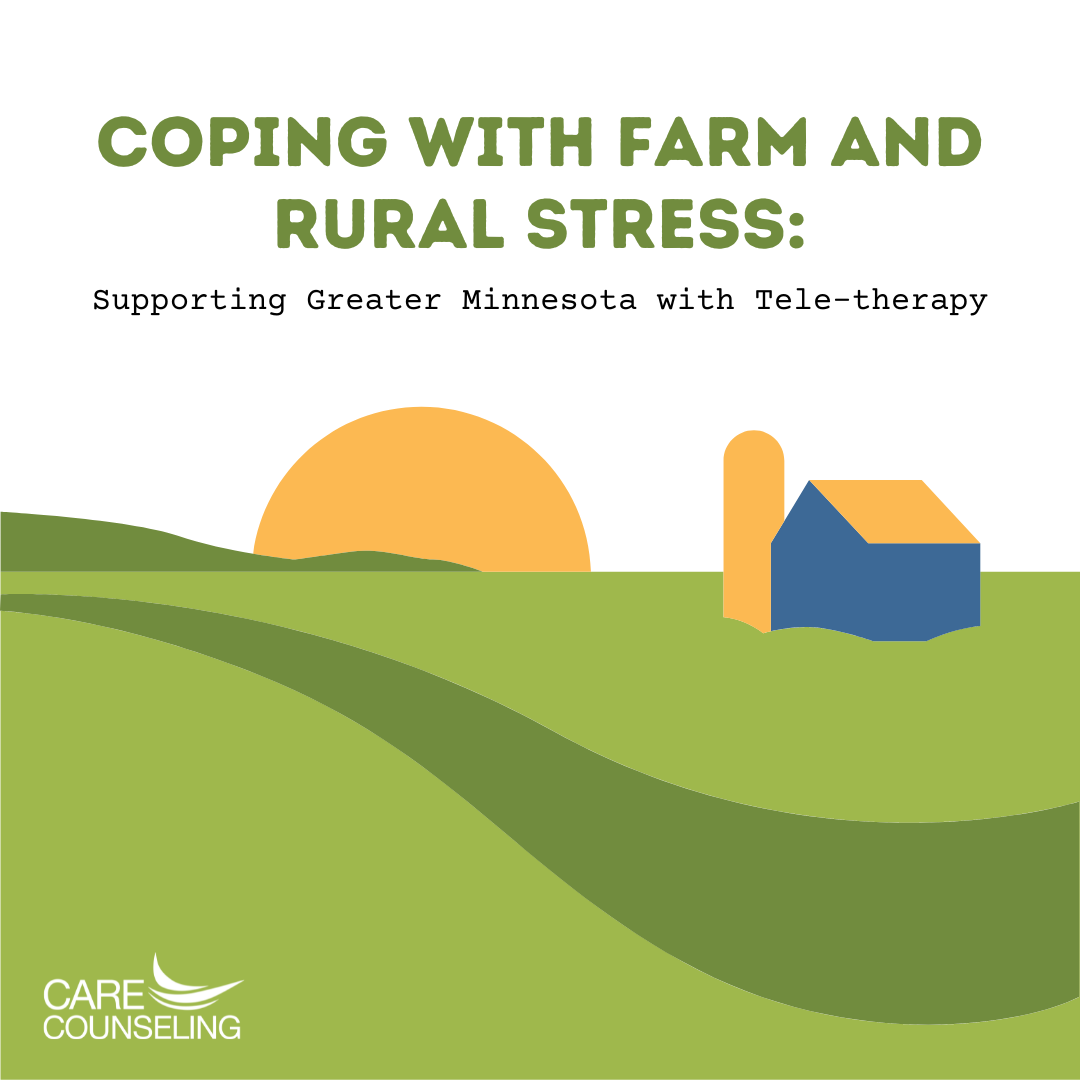
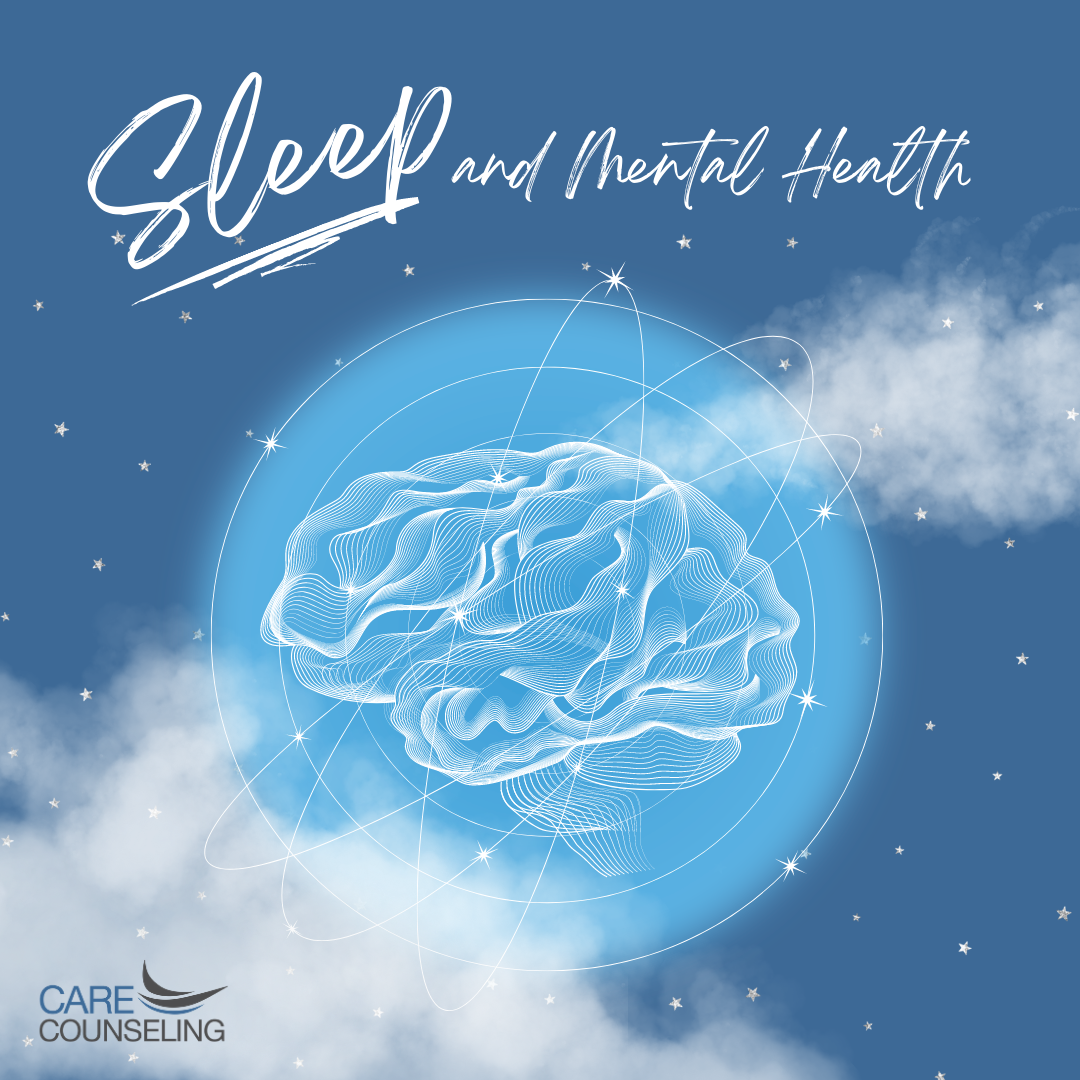 Sleep is a fundamental aspect of our lives, yet it is often overlooked or undervalued. Dr. Heidi Bausch-Ryan, Clinical Director of Training at CARE Counseling, shared invaluable insights into how sleep influences our mental health and how we can enhance our sleep habits to improve our overall well-being. While poor sleep habits can lead to a decline in mental health, mental health conditions such as anxiety and depression can also cause sleep disturbances. According to Dr. Bausch-Ryan, sleep is crucial for the body’s restorative functions, which play a crucial role in maintaining good mental health.
Sleep is a fundamental aspect of our lives, yet it is often overlooked or undervalued. Dr. Heidi Bausch-Ryan, Clinical Director of Training at CARE Counseling, shared invaluable insights into how sleep influences our mental health and how we can enhance our sleep habits to improve our overall well-being. While poor sleep habits can lead to a decline in mental health, mental health conditions such as anxiety and depression can also cause sleep disturbances. According to Dr. Bausch-Ryan, sleep is crucial for the body’s restorative functions, which play a crucial role in maintaining good mental health.